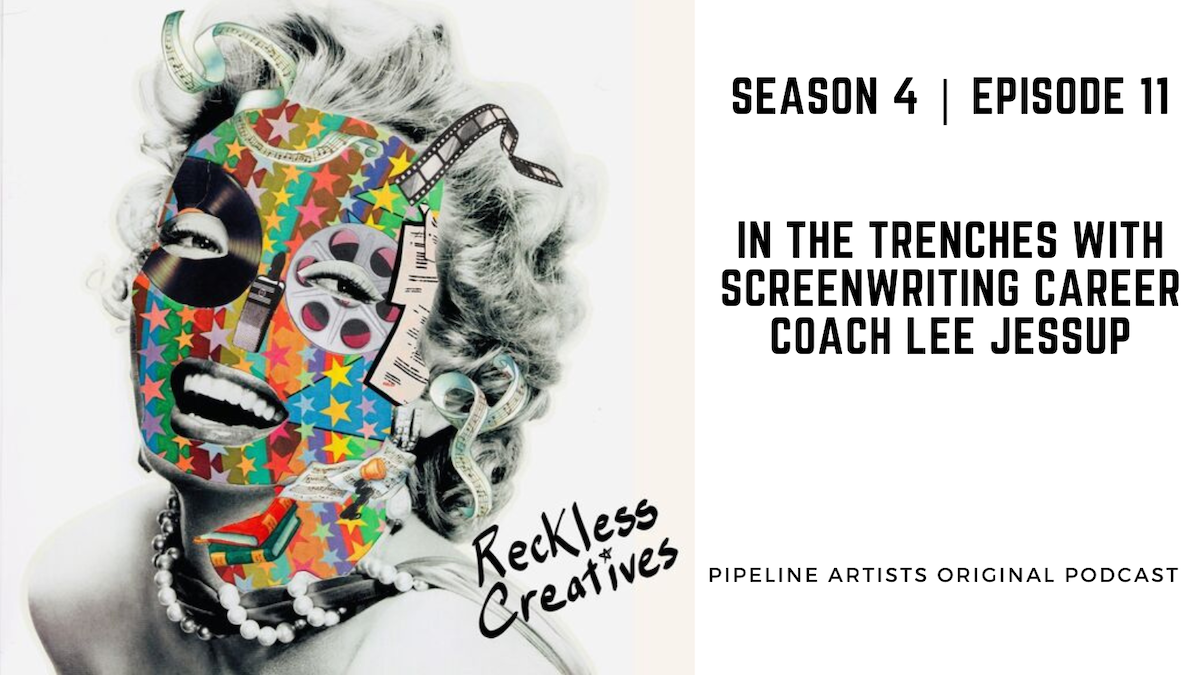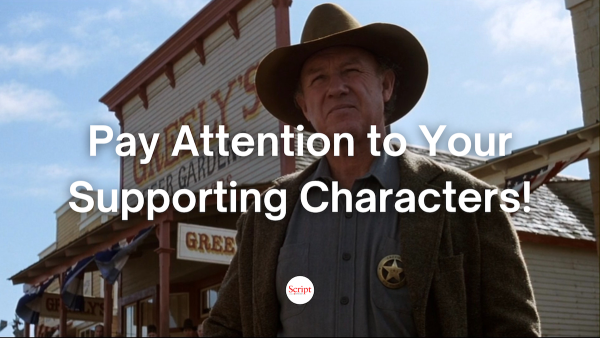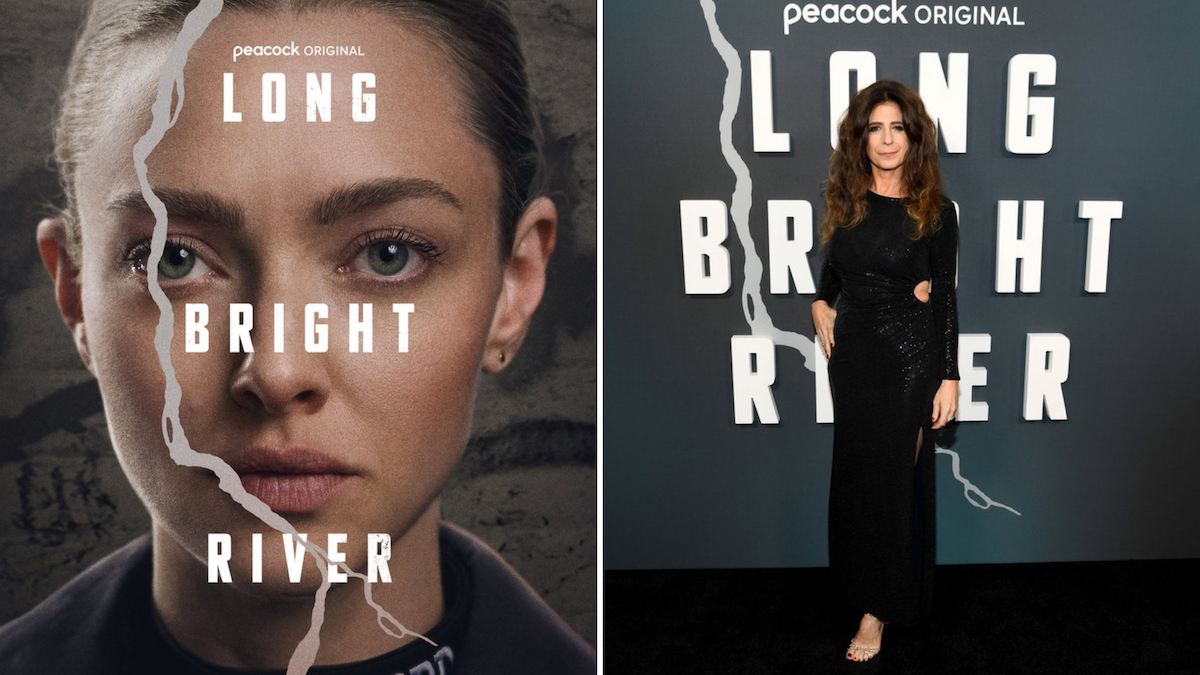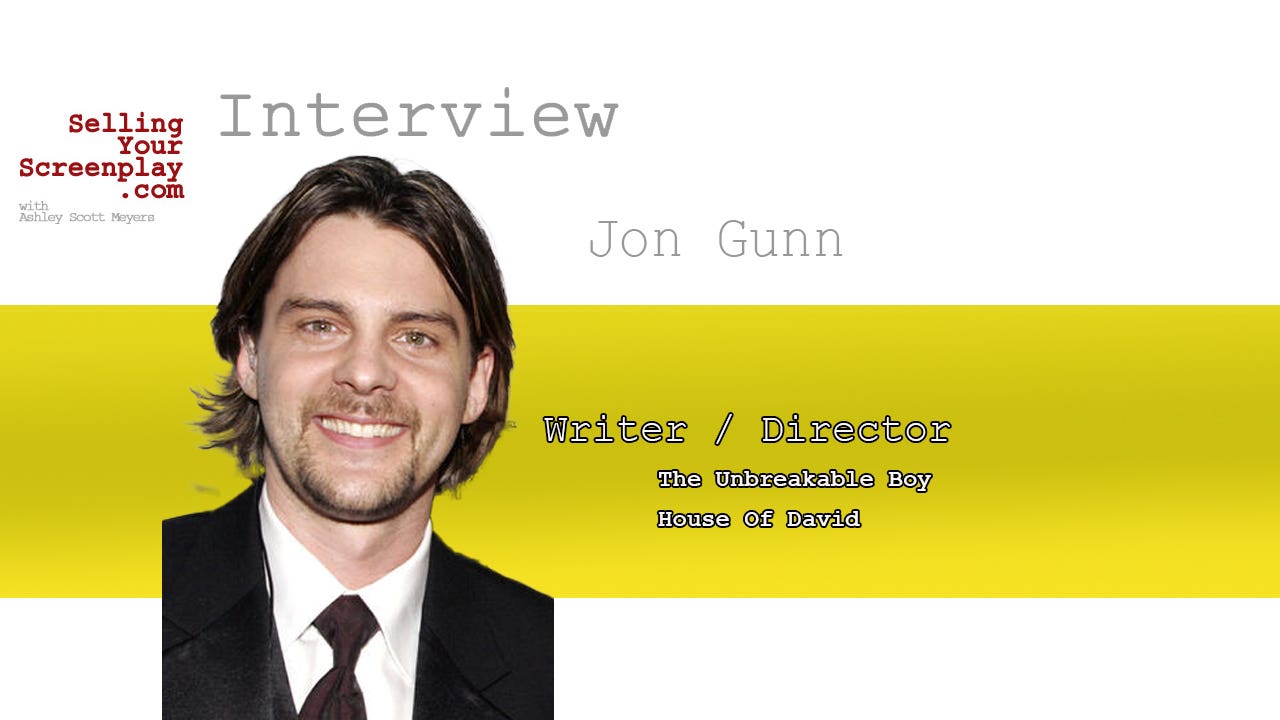Guerrilla Screenwriting: The Demise of the Spec Script Market and the Rise of Pre-Branded Entertainment
To kick things off, I’d like to talk a little bit about the world of comic books and graphic novels, and why Hollywood producers like them so much. With its…
To kick things off, I’d like to talk a little bit about the world of comic books and graphic novels, and why Hollywood producers like them so much. With its combination of words and visuals in one attractive package, a comic book can be a great sales tool when pitching your project to movie studios because it’s easier for busy executives to see beforehand what the movie or TV series based on your story will look like. Hell, you’re basically giving them the movie poster and the storyboards up front before they’ve even spent a dime on production.
Looking back on my career as a writer, creating my first comic book gave me a real sense of accomplishment, an emotional high that I generally don’t get from writing a movie script. It was an unique opportunity to be a director of sorts and visually design my own story world, where I had control over camera angles, cinematography, set design, character wardrobe, and even sound effects. What I found is that a comic book series is basically a miniature movie.
And once it’s finished, you can actually sell it to people all over the world and earn real money from your art. You get the satisfaction of seeing your work on store shelves and/or online in e-books formats that can be read on iPads, iPhones, and Kindle devices.
Unlike feature film scripts, a graphic novel or comic book is a finished product, not just a blueprint for something else that may or may not ever reach a movie theater screen. Even if you’re repped by a major agency, when you go out with a new script it’s usually only read by maybe a dozen readers around town who’ll do coverage on it. If it doesn’t sell right away, and you’re a new writer who nobody has ever heard of before, your project will be quickly forgotten and probably never be read again.
It’s heartbreaking when it happens. You spent months or years slaving away at your computer writing this fabulous story, but no audience will ever know it exists – except maybe a few friends and family who read your script.
Unless you’re super talented, extremely lucky, or well connected, your chances of earning any money from your screenplay is slim.
I don’t want to throw a wet blanket on people’s hopes and dreams, or come across as jaded, but in the real world it’s very hard to sell a spec script or sell a pitch today. It’s like playing blackjack or craps in Las Vegas. Can you win big? Yes, but it’s not likely. The odds are definitely in the house’s favor.
It wasn’t always like that in Hollywood, but ever since the 2007 Writers Strike the studios simply don’t buy many scripts anymore and they’ve scaled back the number of movies they produce. Hell, it’s already May and we’re well over one quarter of the way through 2013, and two major studios (Columbia and Fox) still haven’t bought ANY specs yet this year, while the other four studios -- Disney, Paramount, Universal and Warner Bros. -- have bought just one script each. Is that crazy or what?
When I graduated from UCLA Film School back in 2000, I would have never in my wildest imagination thought I’d see the day when that would happen. Unbelievable!
In this new economic climate where studios and networks are controlled by mega-corporations run by MBAs who are deathly afraid to take risks, the buyers who used to pay big money for original spec scripts are now primarily interested in "pre-branded" material – which means novels, comic books, video games, toys, and remakes of old movies from the 70’s and 80’s.
Even professional writers in the WGA who already have movie and TV credits under their belt are having a hard time getting enough work today to pay the bills, so that makes it even harder for newbie writers trying to break in.
But, rather than cry about how tough it is these days for screenwriters, I say we do something about it. Take the bull by the horns! Like a Marine in combat, we need to “improvise, overcome, and adapt” to our environment. Be guerrilla fighters and never give up the good fight to get our stories made.
The key today is you have to think outside of the box. Be an entrepreneur. Think of every story you write as a product that needs to be sold to customers. First, your product must be appealing enough that people will actually pay money for it. Then you have to convince producers that your particular story is worthy of being made into a multi-million dollar film. You can’t sit back and be a reclusive writer and expect movie studios to roll out the red carpet for you.
ALL businesses have to spend money to make money. If you want to be a player, you have to invest in your business. There’s no free ride. You may be talented, but talent alone isn’t enough.
If movie financiers want pre-branded stuff, then give them pre-branded stuff that you own. This brings us back to the subject of comic books and graphic novels. In my own case, the $5000 that I invested in hiring an artist to create the artwork for my first 22-page book paid off handsomely in the end. I sold the movie rights to the book for a good amount of money, much more than if I had went out with it as just a naked spec script.
Related Articles:
- More Guerrilla Screenwriting with Martin Shapiro
- Sci Fi Circuit: Breaking into the Sci Fi Spec Market
- Reel Story: You Need the Truth
- Script Angel: Writing on Spec - Should You Write a Film or TV Script?
Tools to Help:





